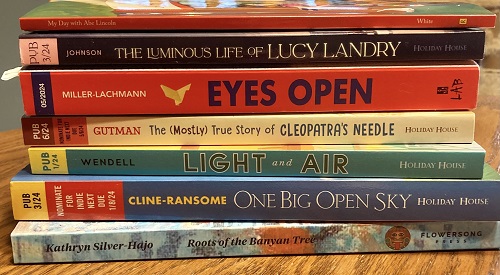The Fraud
It is pleasant to have a historical novel written primarily about a historical novelist. Zadie Smith has made her first foray into historical fiction by writing a fascinating story about the wordy 19th-century novelist William Harrison Ainsworth at its core. Ainsworth was a renowned writer of long and detailed fictionalized accounts of British historical events. He was by no means an objective historian, and the current-day reader will remark on his often-wooden prose and a style which very often descends into the preposterous. In 1868, aged 63, Ainsworth has somewhat ludicrously just married a young maid, Sarah (24), who bore him a son. Ainsworth was a widower, and the story is mostly narrated from the perspective of Eliza Touchet, herself a widow in her late 60s, and who acts as housekeeper and general factotum to Ainsworth. She is a relative of Ainsworth’s and recalls the distant years when she knew him as a young, ambitious and engaging literary man.
The structure of the story is a little unusual, in that the second half of the book changes direction and moves over to the cause célèbre of the day – the Tichborne inheritance – and Zadie Smith then burrows back into the past to narrate the brutal history of one of the witnesses at the hearing, a Jamaican. This seems rather abrupt and stops the fluidity of the account, as well as being more of a clunky read. But the author is able to point out some telling comparisons with previous human behaviour and the issues and scandals that we seem to be afflicted with in contemporary society. It is narrated with wry humour and intelligence and is a delight to read. The chapters are very short, mostly no more than a page in brief fragments, which does at time make the reading seem a little staccato.










